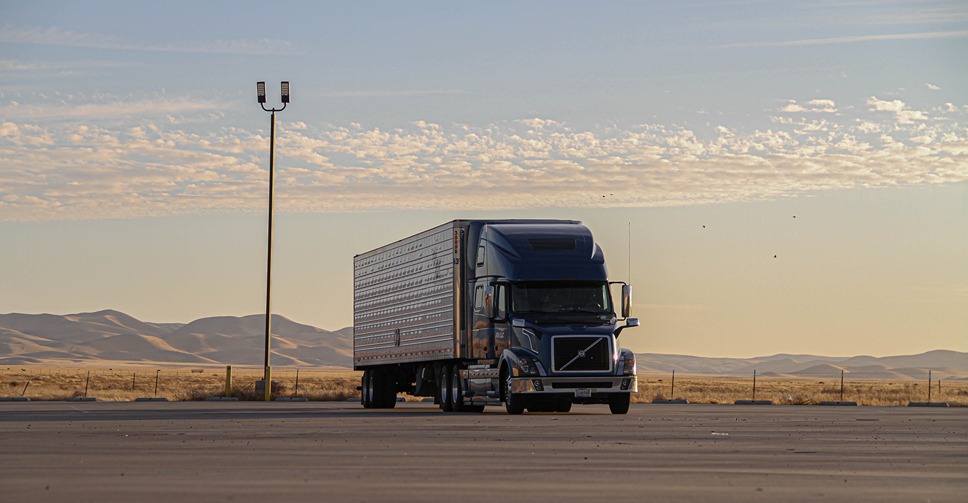
If you’re unfamiliar with commercial trucks or recreational vehicles, you might be wondering, What does GVWR mean?
GVWR, or Gross Vehicle Weight Rating, specifies the maximum total weight a vehicle can safely carry. This includes the vehicle’s own weight, passengers, cargo, fuel, and tongue weight if towing.
The GVWR of a truck differs from its towing capacity.
Read on for a more in-depth GVWR definition and to learn about how it impacts towing and commercial driver’s license requirements.
What does GVWR mean and Why Does It Matter?
GVWR (Gross Vehicle Weight Rating) is the maximum weight a vehicle can safely carry. This includes the weight of the vehicle itself, passengers, cargo, fuel, and tongue weight if towing.
However, it does not include other things, such as a trailer. Important factors in determining the GVWR include the frame’s strength, suspension, axles, and wheels.
If the truck is towing a trailer, the tongue weight will count against the GVWR.
Knowing a vehicle’s GVWR is important because drivers need a specific commercial driver’s license based on a truck’s weight.
The Federal Motor Carrier Safety Administration issues standards on CDL licensing and state testing standards.
GVWR also determines where a truck can and cannot go. Drivers need to pay attention to the rules of the road they are on, as every state has its own guidelines on the maximum GVWR allowed.
Certain streets and bridges may be restricted to trucks under a specific GVWR, especially in states like Texas with international points of entry.
Knowing a truck’s GVWR is also vital because trucks loaded beyond the recommended GVWR can become unstable.
Too much weight can overload the suspension and cause problems with braking or tire blowouts, leading to an accident. Drivers who exceed a truck’s GVWR limit could be fined if they are pulled over.
What’s the Difference Between GVWR and GCWR?
GCWR stands for gross combination weight rating. It refers to the maximum weight of both the loaded truck and the loaded trailer, including passengers and the trailer tongue.
The GCWR is an important number because a truck might not qualify as a commercial vehicle, but when you add the trailer, the additional weight pushes the vehicle over that threshold.
Someone without a proper license often lacks the experience and skills necessary to operate a commercial vehicle.
For example, in the event of an emergency, they might not be able to safely stop the truck.
Contact a Truck Accident Lawyer
Truck drivers who ignore GVWR rules and regulations put countless motorists at risk every day.
If you were injured in an accident involving a large commercial truck in Texas or New Mexico, you have rights. At Tawney, Acosta & Chaparro P.C., we have years of experience helping people injured in truck accidents get the compensation they deserve.
Let our attorneys fight for your best interests so that you can focus on your recovery.
If you suffered injuries in a truck accident in New Mexico or Texas, contact our office today to schedule a free initial consultation.

